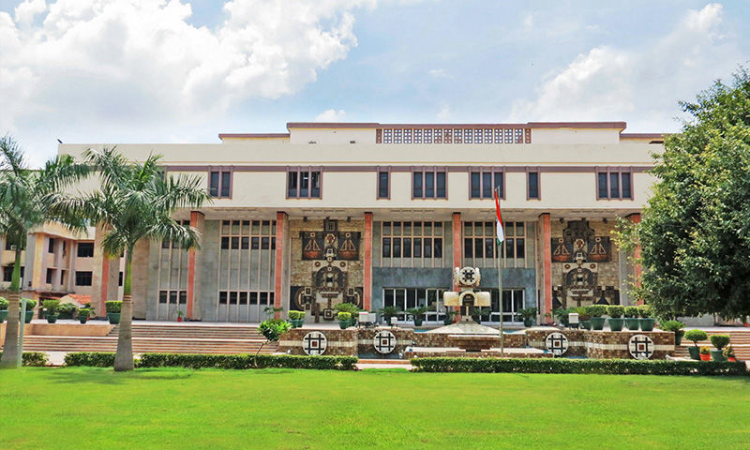'As Is Where Is' In A License Agreement Does Not Absolve The Contracting Parties To Make A Minimal Disclosure: Delhi High Court
Parina Katyal
5 April 2022 10:14 AM IST

Next Story
5 April 2022 10:14 AM IST
The Delhi High Court has upheld the award of an Arbitral Tribunal that stipulating the condition of 'as is where is basis' in a License Agreement does not absolve the contracting parties to make a disclosure about the licensed premises, which is otherwise not evident on visual inspection. The Single Bench of Justice Vibhu Bakhru ruled that the Indian Evidence Act, 1872 does not apply...
